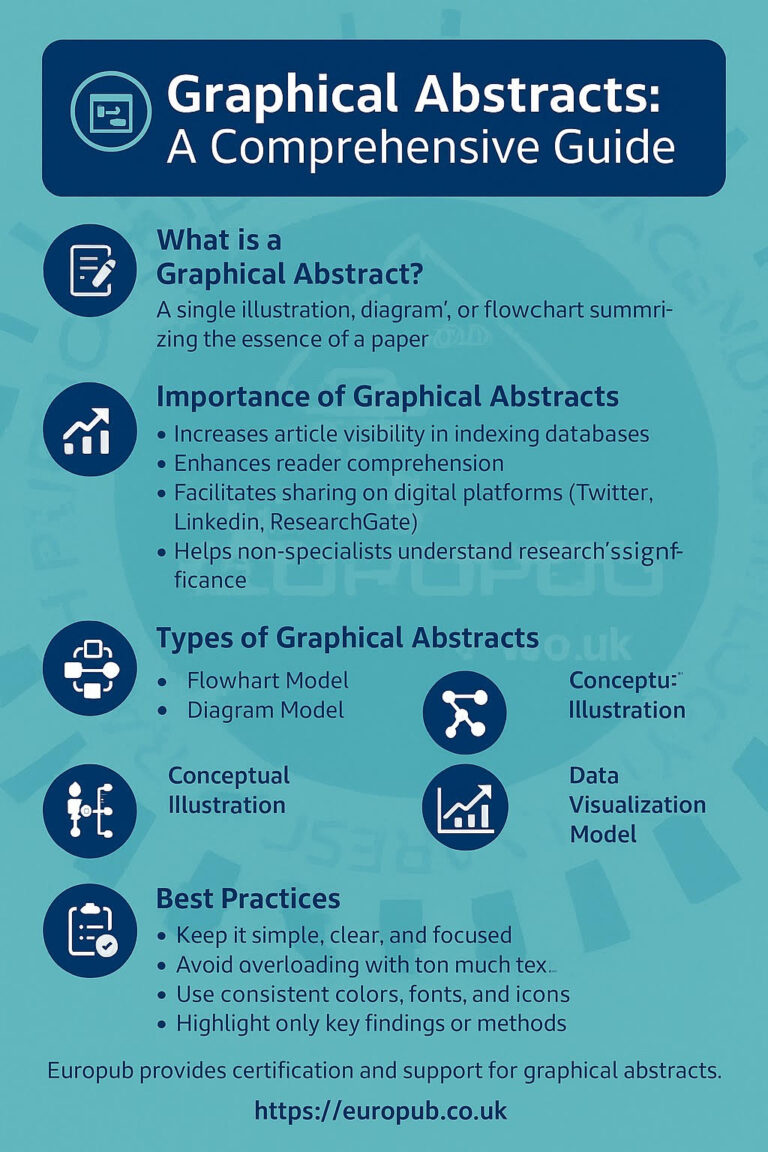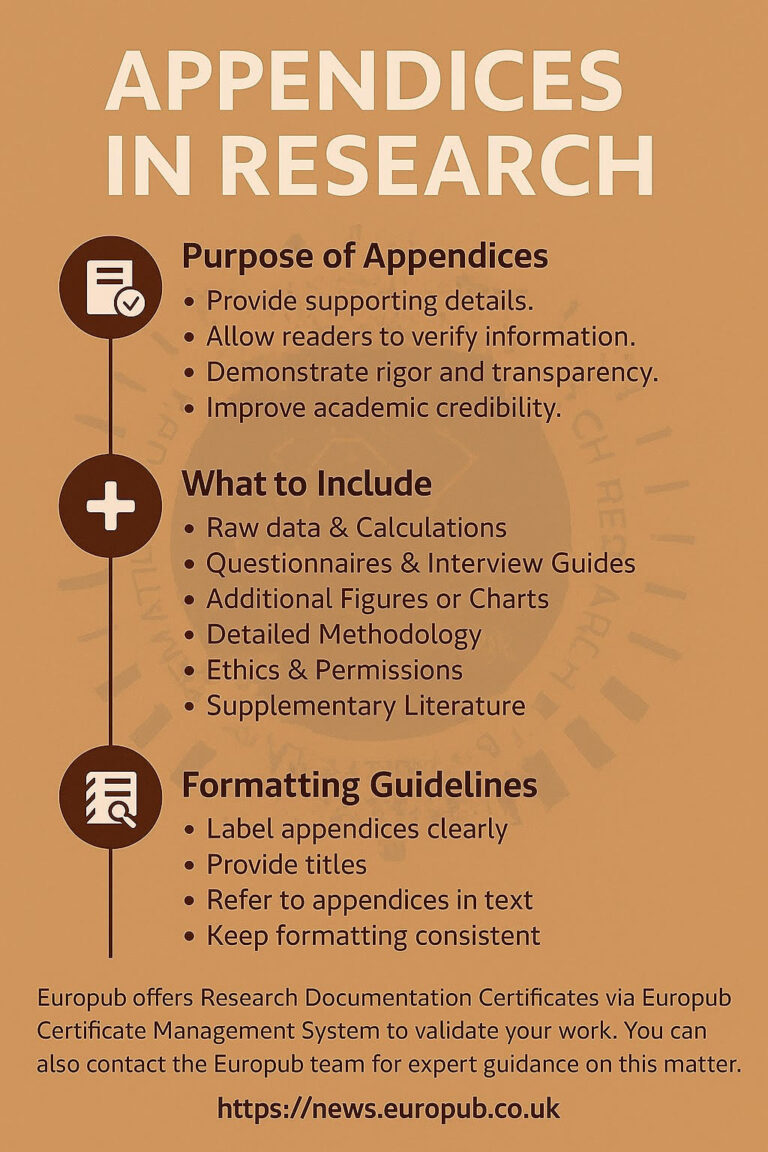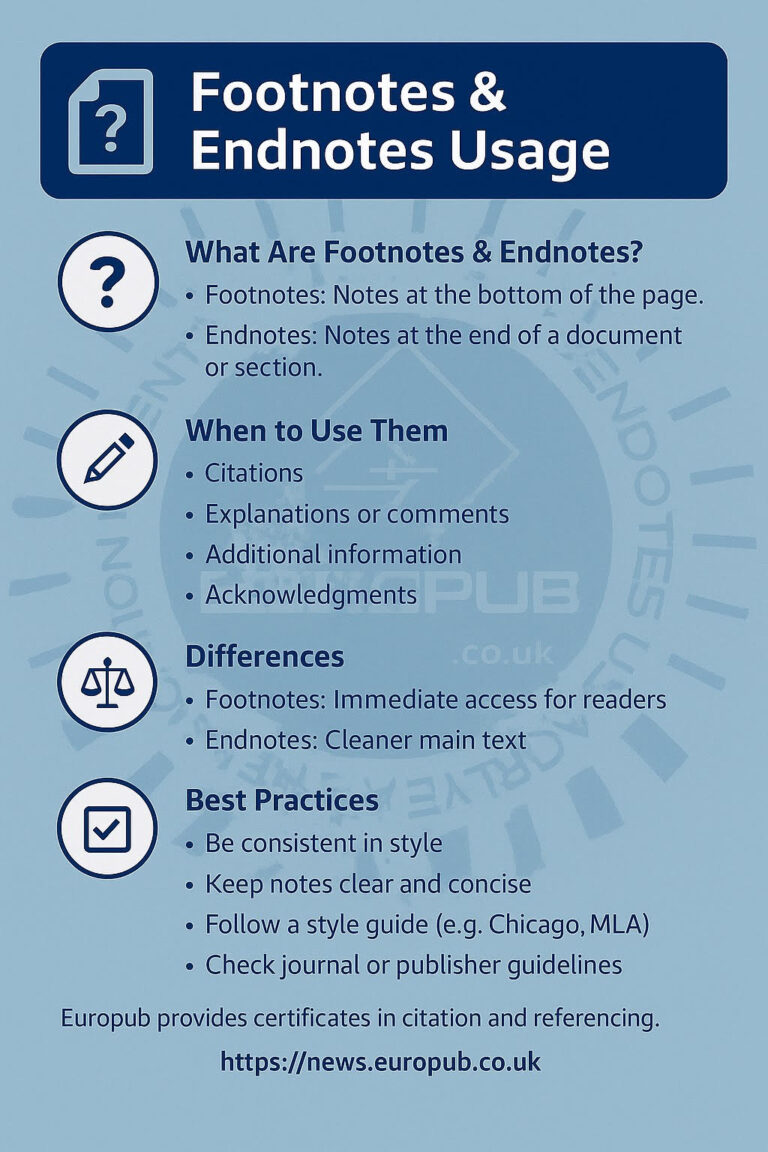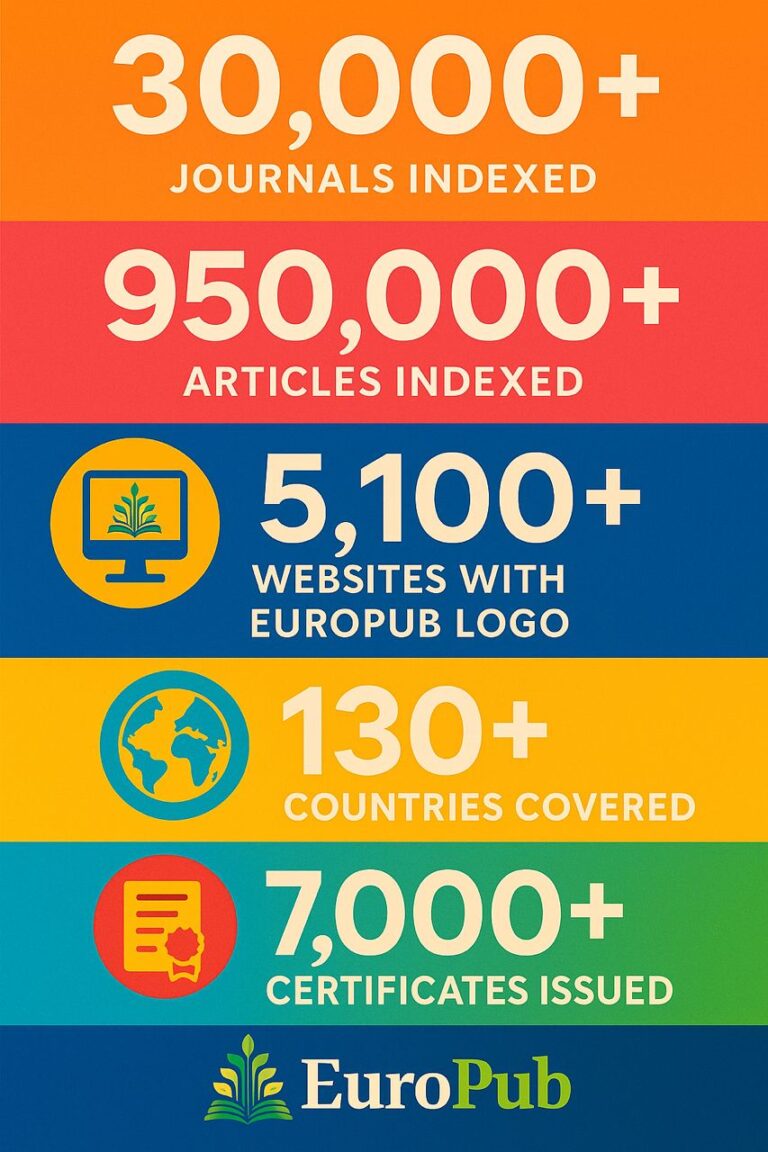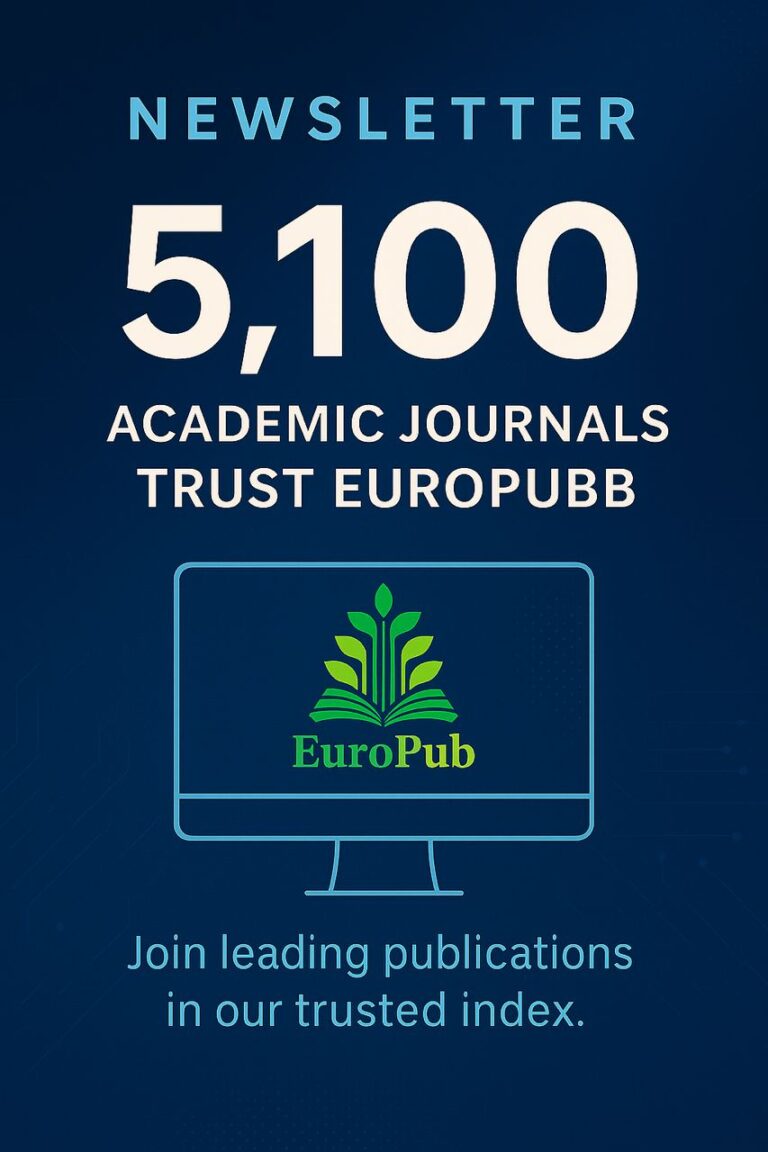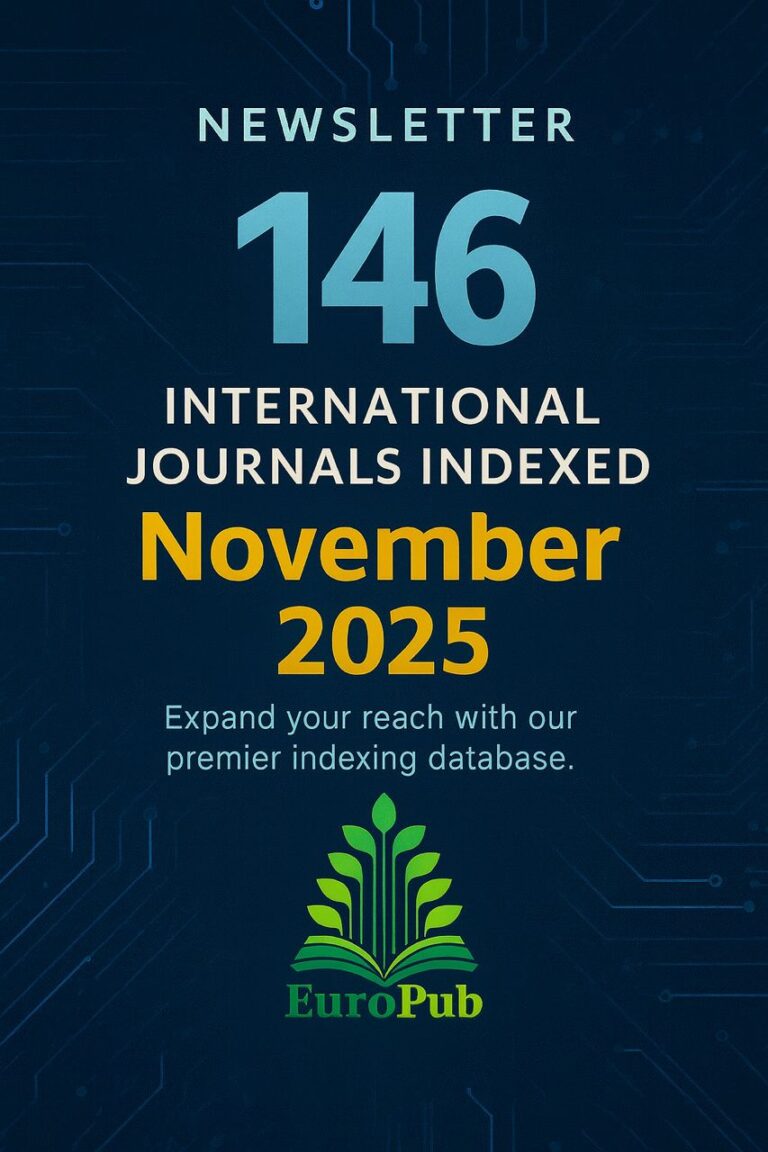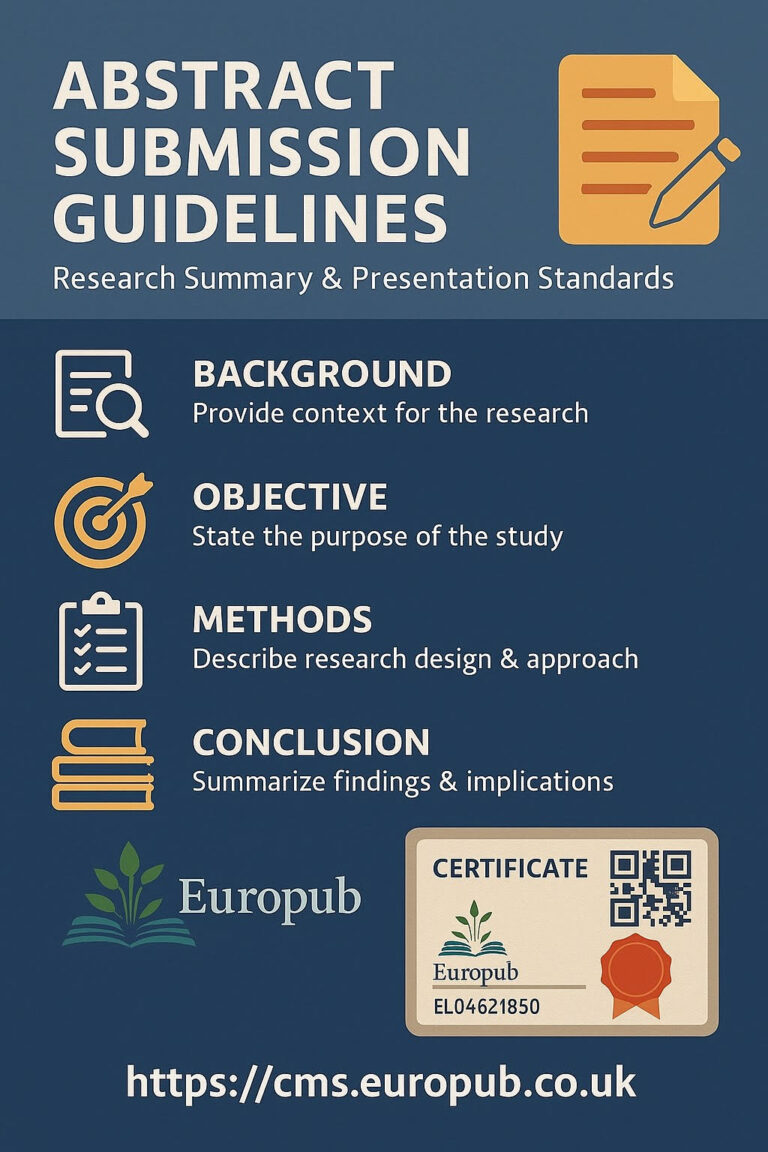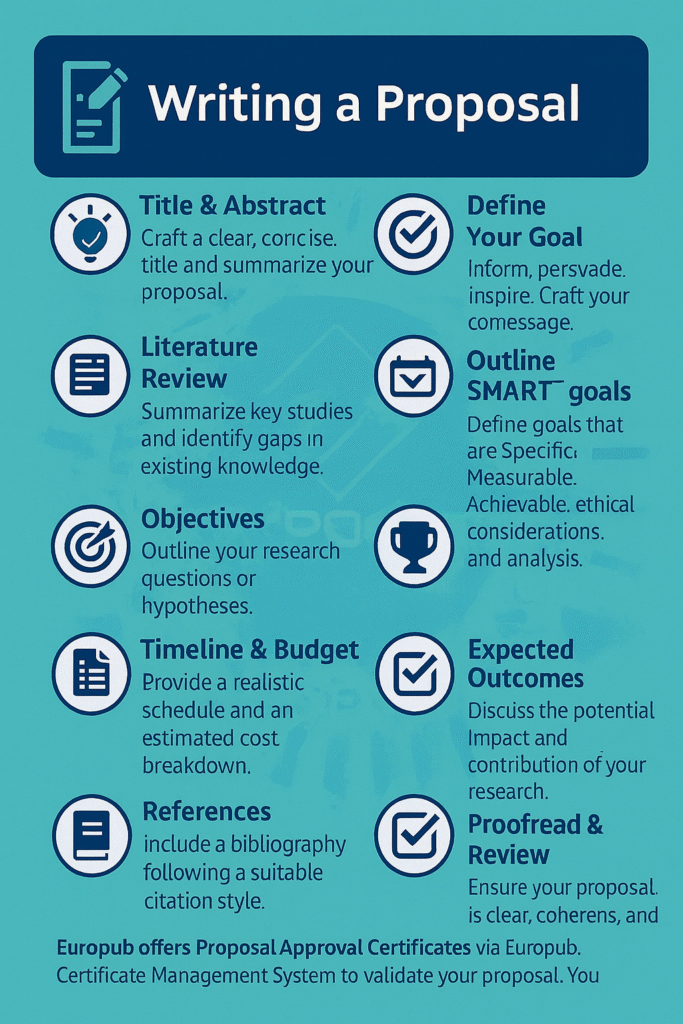
Introduction
A research proposal is more than just a formal requirement—it is your blueprint for academic success. Whether you’re applying for a master’s, PhD, funding, or even a conference, a strong research proposal demonstrates clarity of thought, originality, feasibility, and relevance.
Without a well-structured proposal, even brilliant ideas can go unnoticed. With one, you gain the trust of supervisors, reviewers, and funding bodies.
Why Is a Research Proposal Important?
- Demonstrates Preparedness – Shows that you understand the field and the existing body of literature.
- Clarifies Your Plan – Provides a clear roadmap for how you’ll achieve your research goals.
- Convinces Reviewers – Justifies the originality and significance of your project.
- Secures Funding & Approval – Grants and ethics boards rely on proposals to make decisions.
Core Components of a Research Proposal
1. Title & Abstract
- Title: Clear, concise, and reflective of the scope.
- Abstract: A short (150–300 words) overview of the study, summarizing problem, objectives, and methodology.
2. Introduction & Problem Statement
- Set the stage by explaining the background.
- Define the research problem clearly: What is missing in current knowledge?
3. Literature Review
- Summarize key studies in the area.
- Identify gaps and contradictions.
- Highlight how your work fits into the broader academic conversation.
4. Objectives & Research Questions
- State specific, measurable, achievable, relevant, and time-bound (SMART) objectives.
- Formulate clear research questions or hypotheses.
5. Methodology
- Design: Experimental, qualitative, quantitative, or mixed.
- Data Collection: Surveys, interviews, lab experiments, datasets.
- Analysis Tools: SPSS, R, Python, NVivo.
- Ethics: Consent, confidentiality, compliance with research standards.
6. Timeline & Budget
- Provide a realistic schedule (Gantt charts are useful).
- Include a detailed budget with justification for each expense.
7. Expected Outcomes
- What will your research contribute?
- Academic value (theories, models).
- Practical value (solutions, innovations).
8. References
- Use APA, MLA, or Chicago style consistently.
- Show breadth (seminal works + latest research).
Common Mistakes to Avoid
- Being vague – Weak problem statements and unclear objectives.
- Too ambitious – Trying to solve multiple problems in one study.
- Weak methodology – Not aligning research design with research questions.
- Ignoring feasibility – Unrealistic timelines or costs.
Tools & Resources
- University of Edinburgh – Research Proposal Writing
- Scribbr – How to Write a Research Proposal
- Grammarly for Academic Writing
- LaTeX Proposal Templates
Real-Life Example
A PhD applicant proposed a vague topic: “Climate Change Impacts on Agriculture”.
After refining it into “The Role of Biochar in Improving Soil Productivity Under Drought Conditions in Sub-Saharan Africa”, her proposal received funding approval and was later published in a high-impact ISI journal.
Checklist Before Submitting a Proposal
 Title is clear and precise.
Title is clear and precise.
 Research problem is specific and justified.
Research problem is specific and justified.
 Literature review highlights a genuine gap.
Literature review highlights a genuine gap.
 Objectives are SMART.
Objectives are SMART.
 Methodology is aligned and feasible.
Methodology is aligned and feasible.
 Timeline and budget are realistic.
Timeline and budget are realistic.
 References are updated and credible.
References are updated and credible.
Europub Certification & Guidance
Once your proposal is ready, Europub provides an official:
 Proposal Approval Certificate via the Europub Certificate Management System.
Proposal Approval Certificate via the Europub Certificate Management System.
This certification:
- Confirms the academic soundness of your research design.
- Strengthens applications for funding, conferences, and journal submissions.
- Adds credibility when applying for academic programs.
 Apply here: https://cms.europub.co.uk
Apply here: https://cms.europub.co.uk
 Main site: https://europub.co.uk
Main site: https://europub.co.uk
 News & updates: https://news.europub.co.uk
News & updates: https://news.europub.co.uk
 You can also contact the Europub team for expert guidance in developing and refining your research proposal.
You can also contact the Europub team for expert guidance in developing and refining your research proposal.
Conclusion
A research proposal is more than a formality—it is your academic passport. By presenting a compelling problem, a robust methodology, and clear objectives, you not only secure approvals but also set the stage for impactful research. Europub ensures that your proposal is validated, recognized, and globally trusted.
